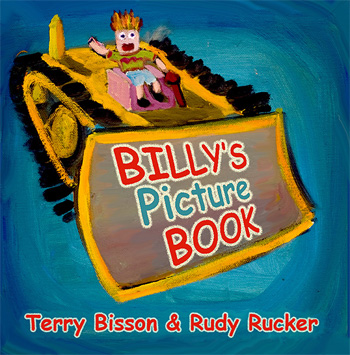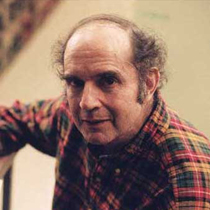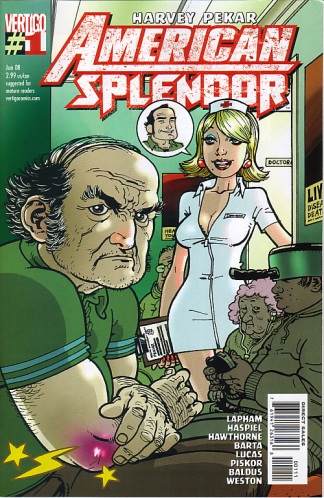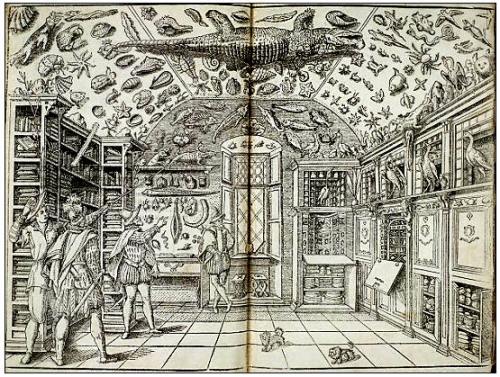Apparently, I write like somebody named David Foster Wallace. I know… it’s weird. Who would have thought? Who is David Foster Wallace? I think he’s kind of high literary serious-minded and wild sort of college professor type stuff. I should just do a Wikipedia on him, but I don’t really want to know who this person is that I supposedly write like. Below, you can see my official badge that proves the Wallace connection:

David Foster Wallace
I Write Like by Mémoires, Mac journal software. Analyze your writing!
I got my writing-like-David-Foster-Wallace badge from I Write Like. It could not have been easier. I simply pasted several of my very opinionated and slightly acidic blog posts into the I Write Like form and then pressed the button. Each time, this David Foster Wallace guy popped up. One blog post that I dribbled out because I had nothing of interest to say on that day came up as Dan Brown. No surprise there because Dan Brown is so numbingly uninteresting that his brain should be transplanted into the body of Tom Hanks where it would dwell very contentedly for some time I would suppose.
I Write Like is really loads of fun. I could paste entries into it all day long and feel that I had spent my time well. That’s what I’m doing today. For the entire rest of the day I’m going to sit here dropping my blog posts into this machine to find out if maybe I really am David Foster Wallace. I may even start to make stuff up just for this writing machine and eventually maybe I’ll see my own name pop up: I write like…



